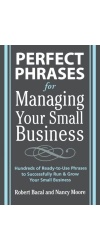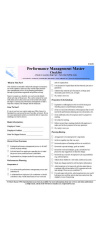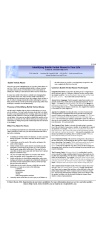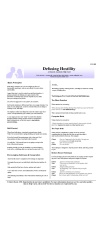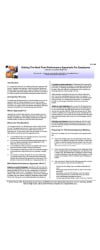Self-disclosure is a simple (at least on the surface) approach to communication that involves sharing information about yourself, history, present, emotions and thoughts. Originated and explained by Sidney Jourard, a Humanistic Psychologist, this simple approach, at least used skillfully, can improve intimacy, rapport in face to face communication, and even improve public speaking and connecting with groups.
The concept is very simple. When you share information about yourself, you allow yourself to be “seen”, and it’s easier for people to relate to you as a real human being, with faults and strengths, and with thoughts and emotions. And, when people see you as human (and not someone easily depersonalized) communication, and relationships improve.
It’s important to know that self-disclosure doesn’t involve “dumping” everything about yourself on everyone from close friends to complete strangers. Obviously self-disclosure needs to happen in context, be appropriate for the particular relationships. While self-disclosure is important, remember that communication means sharing of information from both sides, and if you are inundating the other person with too much information about yourself, or information they really have no interest in, then the whole thing is going to backfire, because you will appear selfish and self-centered.
When speaking to groups (keynotes, meetings, speeches, public speaking), it’s always a good tactic to share a little of yourself as a person, so you can overcome personalization barriers to group communication. Often the best way to self-disclose in groups is to tell a real personal story that is relevant to the reason why the group is meeting. That’s much better than opening up with a stale joke.
For a quick biography and more information about Sidney Jourard and self-disclosure click here.

